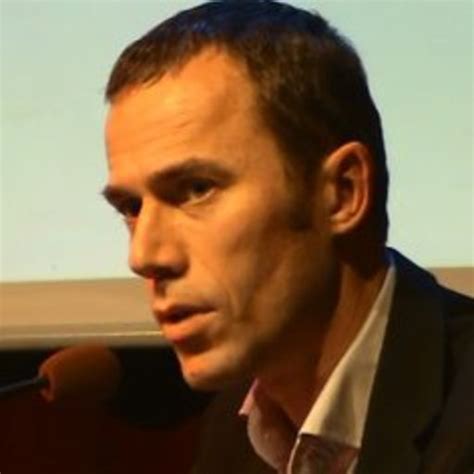A Quote by John Shelby Spong
I think we have to recover our spiritual nature. The way we have interpreted Christianity does not do that.
Quote Topics
Related Quotes
When we think of training ourselves in godliness, we usually think of the traditional spiritual disciplines, but it can also be practical activities like taking a nature walk or listening to music - whatever helps us draw closer to God. God hardwired our brains and bodies in such a way that spiritual training, combined with God's work in us, has the very real effect of making us more attuned to spiritual reality and our true identity in Christ.
I believe that we face incredible obstacles in our attempts to see the world. Everything in our nature tries to deny the world around us; to refabricate it in our own image; to reinvent it for our own benefit. And so, it becomes something of a challenge, a task, to recover (or at least attempt to recover) the real world despite all the impediments to that end.
Whether we experience it or not, grief accompanies all the major changes in our lives. When we realize that we have grieved before and recovered, we see that we may recover this time as well. It is more natural to recover than to halt in the tracks of grief forever. Our expectations, willingness and beliefs are all essential to our recovery from grief. It is right to expect to recover, no matter how great the loss. Recovery is the normal way .
Everything we say has metamessages indicating how our words are to be interpreted: Is this a serious statement or a joke? Does it show annoyance or goodwill? Most of the time, metamessages are communicated and interpreted without notice because, as far as anyone can tell, the speaker and the hearer agree on their meaning.
Mystical experience of nature can be of particular relevance to our troubled age, bringing deeper into our consciousness and emotions the logic that nature sustains humanity as humanity must, in turn, sustain nature. Rationality alone, however, cannot be our guide in the task of restoring our environment. A spiritual connection to nature must inspire the emotional commitment that is the yin, complementing the yang of intellectual understanding.
My spiritual path has largely been Christianity - a label that I embraced and then rejected and have partially embraced again, as my understanding of Christianity has changed over time. When I accepted the mainstream, dogmatic definition of Christianity there came a point when I had to say, "Well, if that's what a Christian is, I'm not one."
Christianity can be described as a theological materialism: It is that which transforms our material existence. If our faith does not throw us into the arms of the world, if it does not lead to our experience of responsibility, love, celebration, and our commitment to transformation, then, whatever we call it, we have nothing but an empty shell.
The Word of God makes use of poetic imagery when discussing... formless intelligences but... it does not do so for the sake of art, but as a concession to the nature of our own mind. It uses scriptural passages in an uplifting fashion as a way, provided for us from the first, to uplift our mind in a manner suitable to our nature.






































